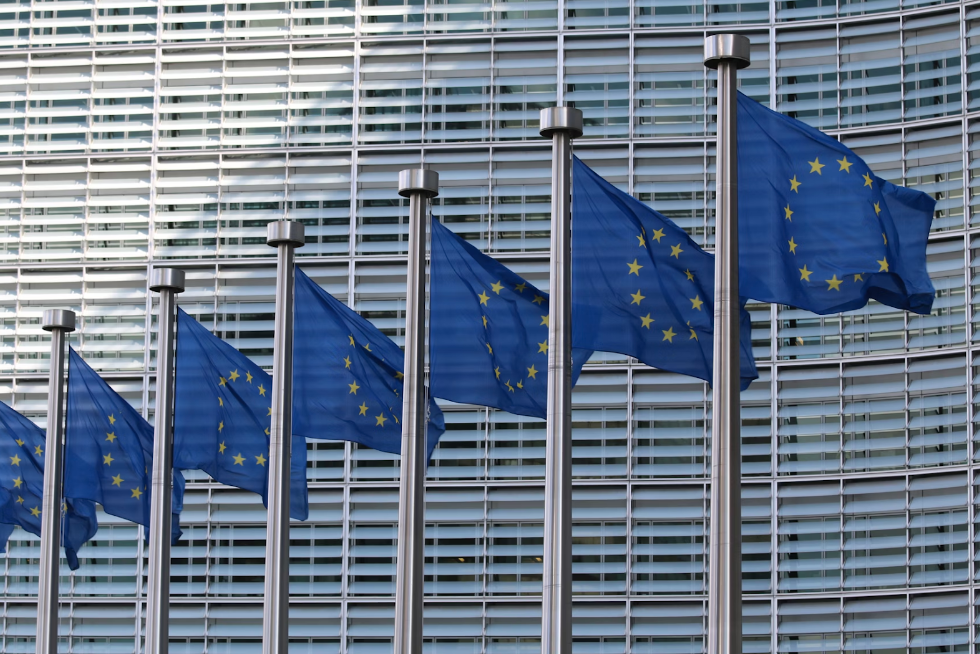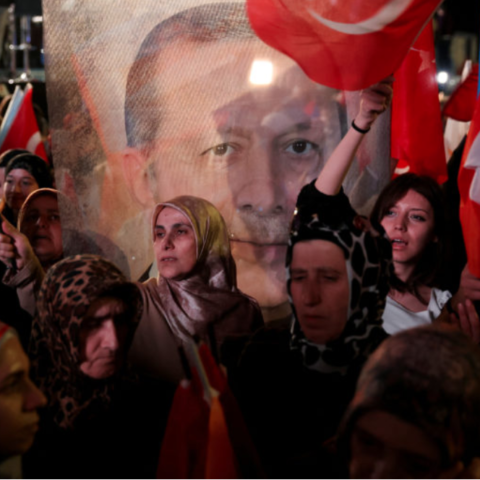By Tobyn Smith

Introduction
2024 marks a fragile year for Europe – not only are the European Parliament elections on the horizon, but many countries are undergoing general elections. Politics is becoming increasingly more volatile and divided across the Western world – Europe is no exception. There has been lingering skepticism about the effectiveness of having a collective European bloc over the last century – has it gone too far? Are countries’ sovereignty being undermined? As a result, there is a profound debate throughout the media and academia about the skepticism that coexists within the argument for the unification of Europe.
The primary catalyst for this skepticism surrounding an integrated Europe came after the 2015 Migrant Crisis, which shook Europe following the civil disputes within the Middle East as over 500,000 asylum seekers petitioned to seek refugee status across Europe. By this time, the United Kingdom Immigration Party had merged in the European Parliament and spread anti-immigrant rhetoric. While some skeptic parties within the European Parliament, such as UKIP, wanted independence, some skeptic groups wanted a more supranational Europe. While conducting this piece, I interviewed numerous academics from Aberystwyth University in the UK and the University of Georgia to garner an academic understanding of these complexities.
In the name of nationalism and populism…
It is reasonable to assume that far-right parties are expected to make further strides in the 2024 European Elections, as it is believed that this election will be the first time in history that the right will have an overall majority in the European Parliament. While that is the case, Professor Cas Mudde of UGA explained that “it is important to note that they were already winners in 2014 and 2019”. This is further reinforced by the second-order election theory that Karlheinz Reif and Hermann Schmitt coined. This theory suggests that voters are more likely to vote in favor of protest groups (notably populist or reactionary single-issue groups) in European elections. Results are more volatile in favor of smaller parties. Doctor Alastair Shepherd of Aberystwyth University reinforces what Mudde alluded to and adds that the “impact” these parties have had on discourse is significant. For example, the Alternative für Deutschland party has a hardened line against Ukraine’s financial aid and climate change. Dr. Jenny Mathers of Aberystwyth University added that if more of a “significant representation” exists for these parties, it could serve as a “destabilizing force” for future policy. It has been reported that the AfD is seeking a more “chauvinistic and ultranationalist” Europe that opposes any foreign values and has referred to Muslims as “decaying cadavers”. This, naturally, is entirely contradictory to the liberal outlook of Europe we have now.
Is skepticism even a concern?
During my interviews, we discussed the concern of this and if it is something we should worry about – is there a concern, or is it just overblown media scares? Shepard answered attentively, discussing how these parties are “increasingly shaping and contesting EU ambitions, policies and values” and how they have pushed “traditional political parties towards their positions”. Examples of this can be most notably seen under former United Kingdom Prime Minister David Cameron, who declared a membership referendum despite not supporting it in his 2015 manifesto. Further, more recent examples of deals coming into fruition, such as the Migrant and Asylum Pact and the Green Deal, reduce their actual meaningful impact in the name of bureaucracy. On the other hand, during my discussion with Mathers, we discussed how Hungary’s Viktor Orban is an excellent example of how it is less of a concern. Following Britain’s exit from the European Union, Commentators highlighted how messy it is to leave such a supranational organization such as the EU, which has meant many Euroskeptics have decided to change how they approach their differences. Mathers pointed out that Orban does not want to leave the EU but instead wants to occupy Brussels. This is further reinforced by reports that he announced he wants to illustrate the bureaucracy within Brussels and boost a manifesto that says “Europe will be plunged into war, migration waves will destroy European nations, and gender propaganda will ruin the future of our children.” So, what can we take from this? Europe is at a crossroads with a rise of alt-right critics that are skeptical of the current European bloc, but it has always existed.

